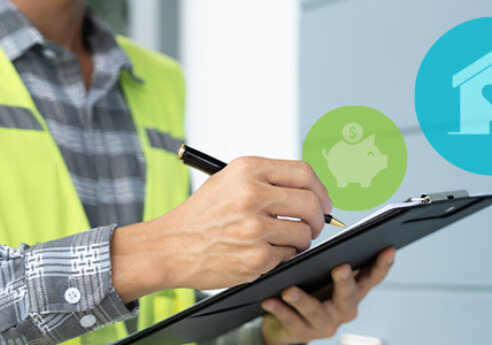Residential
Heating & Cooling
Insulation & Air Sealing
DIY Insulation & Air Sealing
Smart Thermostats
Residential Efficient Pumps
Water Heating
Solar for Homes
New Home Certification
Income-Qualified Rebates
IRA Home Energy Rebates
Business
Equipment Replacement
Rebates for Businesses
Custom Incentives
Renewables for Businesses
Special Offerings
New Construction & Renovations
Operations & Maintenance









